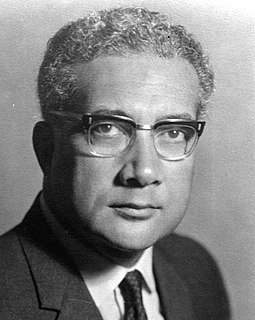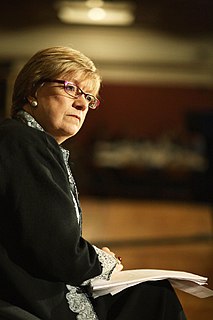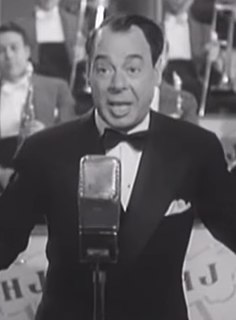A Quote by Kamisese Mara
It is from the traditional family that we absorb those universal ideals and principles which are the teaching of Jesus, the bedrock of our religious faith. We are taught the difference between right and wrong, and about the law, just punishment and discipline.
Related Quotes
Discipline isn't a dirty word. Far from it. Discipline is the one thing that separates us from chaos and anarchy. Discipline implies timing. It's the precursor to good behavior, and it never comes from bad behavior. People who associate discipline with punishment are wrong: with discipline, punishment is unnecessary.
Law is a process. If there is equality of process for everybody, then that's our definition of justice. Whether or not what is done is right or wrong, you follow the process. And so, the end result is just by definition within that alternative universe that is American law. Most people still operate within a moral universe where principles of good and bad and what is right and wrong in itself, and not just as a result of the process.
What will solve our problems is a specific set of ideas built on bedrock principles that made America the greatest nation to begin with and applying those principles to the unique challenges of this new century. And those principles are not complicated. It begins with a notion that this nation was founded on a powerful spiritual principle, that our rights do not come from government. Our rights do not come from our laws. Our rights do not come from our leaders. Our rights come from God.
Faith in Jesus Christ and a testimony of Him and His universal Atonement is not just a doctrine with great theological value. Such faith is a universal gift, glorious for all cultural regions of this earth, irrespective of language, race, color, nationality, or socioeconomic circumstance. The powers of reason may be used to try to understand this gift, but those who feel its effects most deeply are those who are willing to accept its blessings, which come from a pure and clean life of following the path of true repentance and living the commandments of God.
In its main features the Declaration of Independence is a great spiritual document. It is a declaration not of material but of spiritual conceptions. Equality, liberty, popular sovereignty, the rights of man - these are not elements which we can see and touch. They are ideals. They have their source and their roots in the religious convictions. They belong to the unseen world. Unless the faith of the American people in these religious convictions is to endure, the principles of our Declaration will perish. We can not continue to enjoy the result if we neglect and abandon the cause.
If biologists so often forget the most universal of all biologic principles [variation], it is not surprising that men and women in general expect their fellows to think and behave according to the pattern that may fit the law-maker, or the imaginary ideals for which the legislation was fashioned, but which are ill-shaped for all real individuals who try to live under them.
I think when we talk about corporal punishment, and we have to think about our own children, and we are rather reluctant, it seems to me, to have other people administering punishment to our own children, because we are reluctant, it puts a special obligation on us to maintain order and to send children out from our homes who accept the idea of discipline. So I would not be for corporal punishment in the school, but I would be for very strong discipline at home so we don't place an unfair burden on our teachers.












































